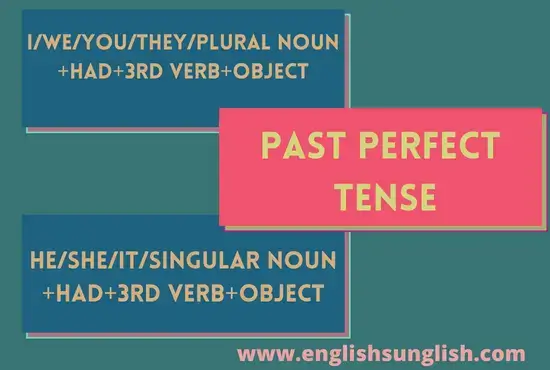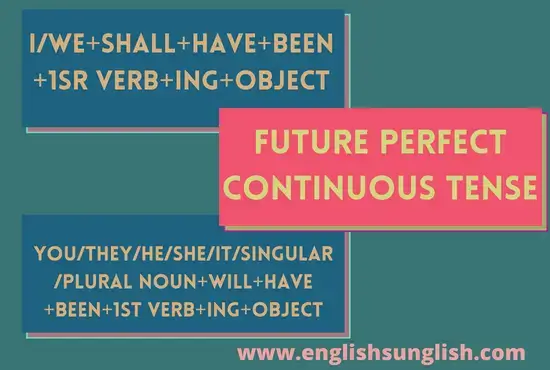Use of Present Perfect Tense
Present Perfect Tense is used to indicate the following types of actions:
- Past Completed Actions
- Actions of Non-define Time
- Past Event having Strong Present Effect
- Progressive Past Actions
Present Perfect Tense is used to show Past Completed Actions
Present Perfect Tense is used to represent such actions that are completed or finished in the immediate past. It means that the Present Perfect Tense is used to indicate such actions that are just completed in the present period before the time of speaking. For example:
- He has just gone out.
- It has just struck ten.
- We have visited London four times.
- They have seen this show already.
- She has gone shopping thrice this month.
Present Perfect Tense is used to represent the Actions of Non-define Time
Present Perfect Tense is also used to represent such actions or activities whose time is not defined, but are completed at the time of speaking. So, the exact time is not necessary to use the Present Perfect Tense, but the completeness of the action is necessary. For example:
- Have you read ‘Gulliver’s Travels’?
- I have never known him to be angry.
- Mr. Hari has been to Japan.
- They have made a mess in the home in the absence of their mother.
- We have finished our chores.
Present Perfect Tense is used to mention the Past Events having Strong Present Effects
Present Perfect Tense also represents such actions that happened in the past time, but have more effect in the present. It means that the Present Perfect Tense can join the past time action with the present situation/ consequences. For example:
- Gopi has eaten all the biscuits.
- I have cut my finger, so I cannot perform this task.
- I have finished my work, and so, I am going to sleep
- The novel came out yesterday, but he has already read it.
- Your team has not completed their proposal yet.
Present Perfect Tense is used to represent Progressive Past Actions
Present Perfect Tense is used for such actions that begin in the past but continue. It means that such progressing actions that have completed one part in the past but are still going on in the present period, can be represented in the Present Perfect Tense. For example:
- I have known him for a long time.
- He has been ill since last week.
- We have lived here for ten years.
- We have not seen the Padma for several months.
- He has worked here since he graduated from school.



